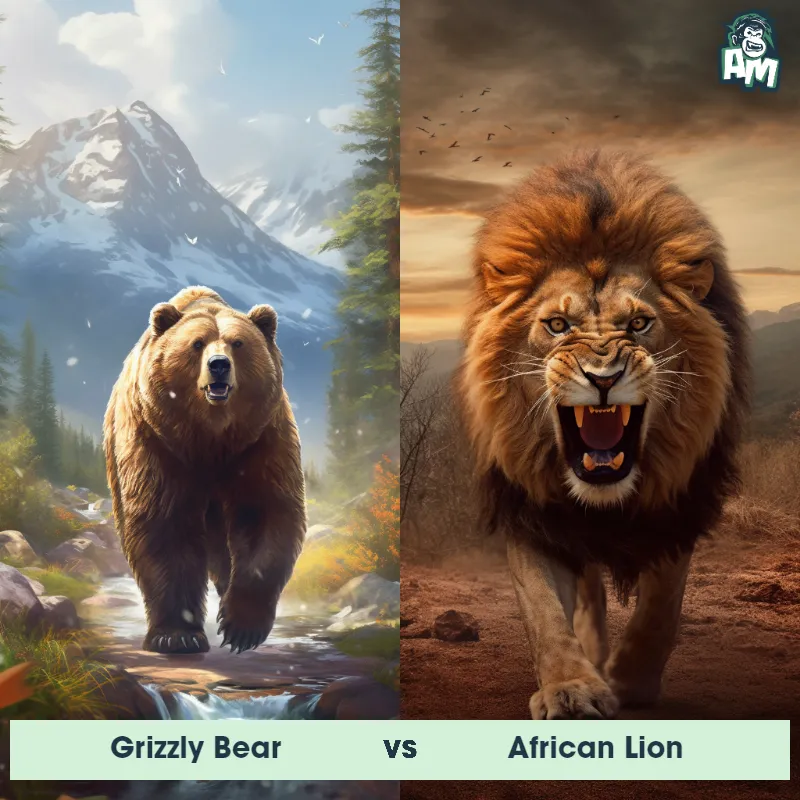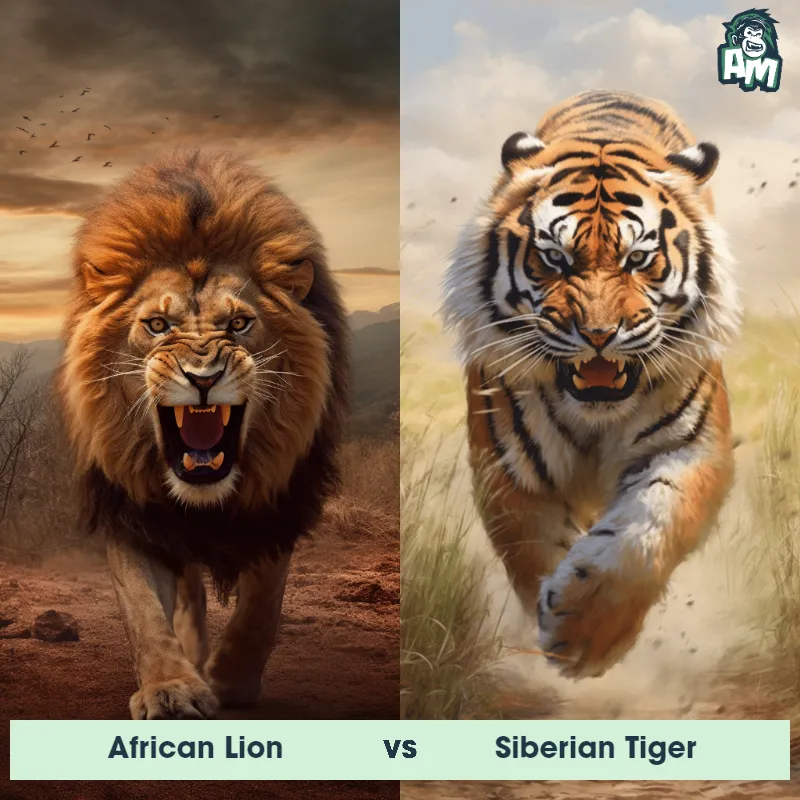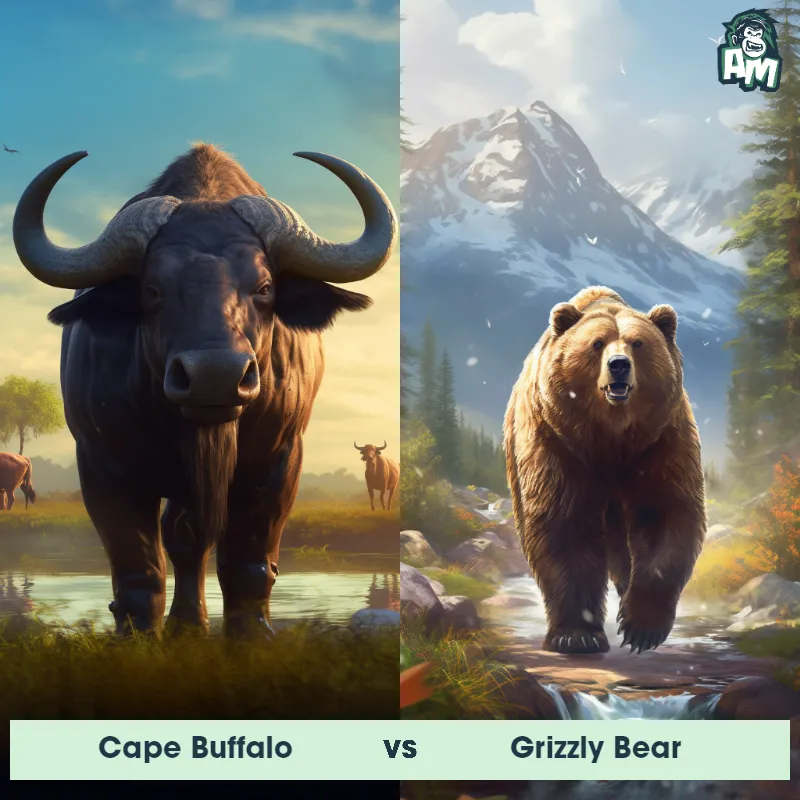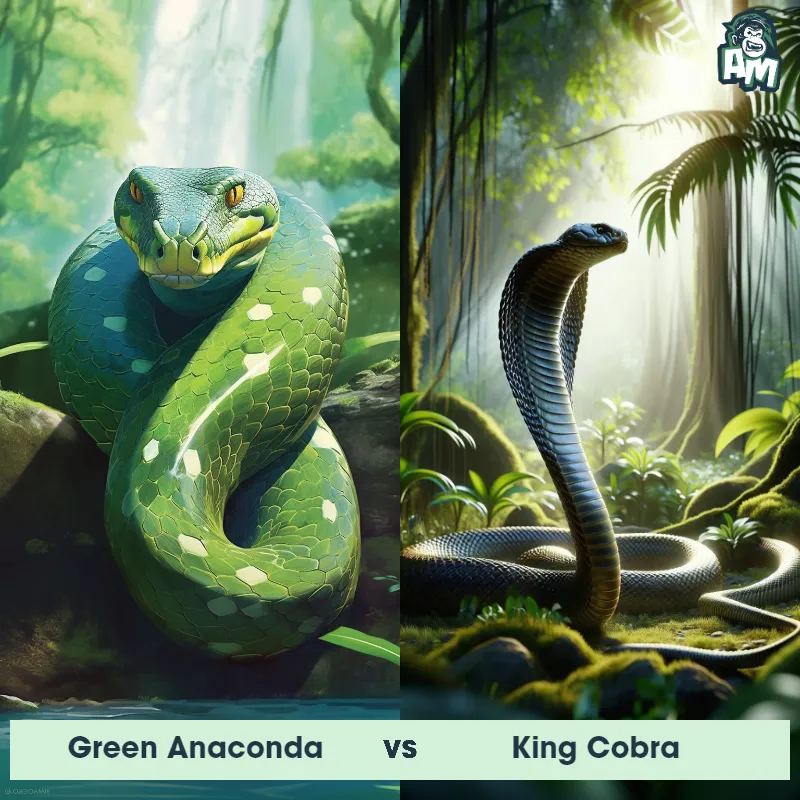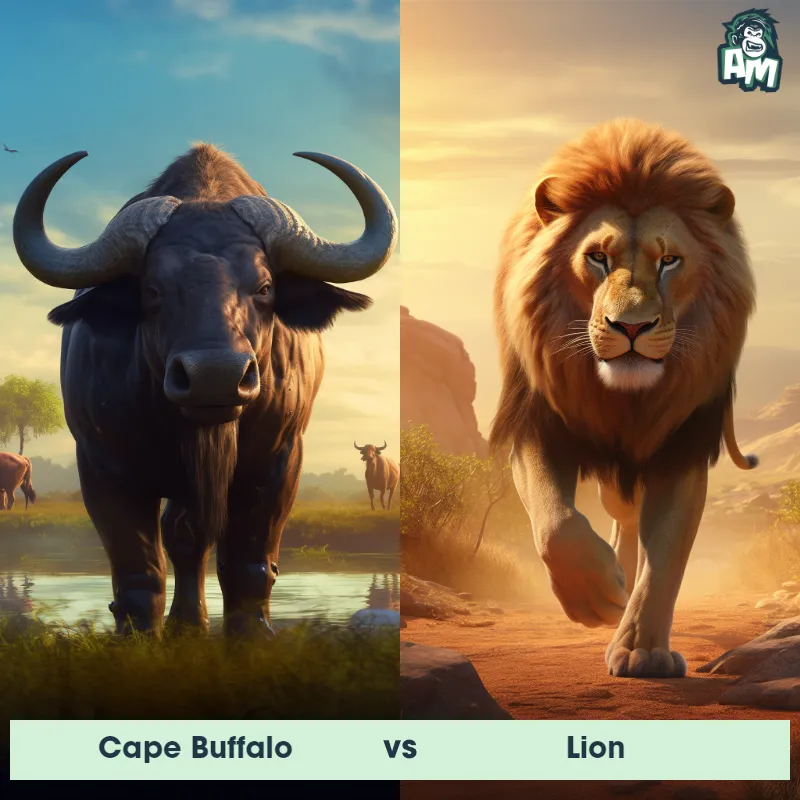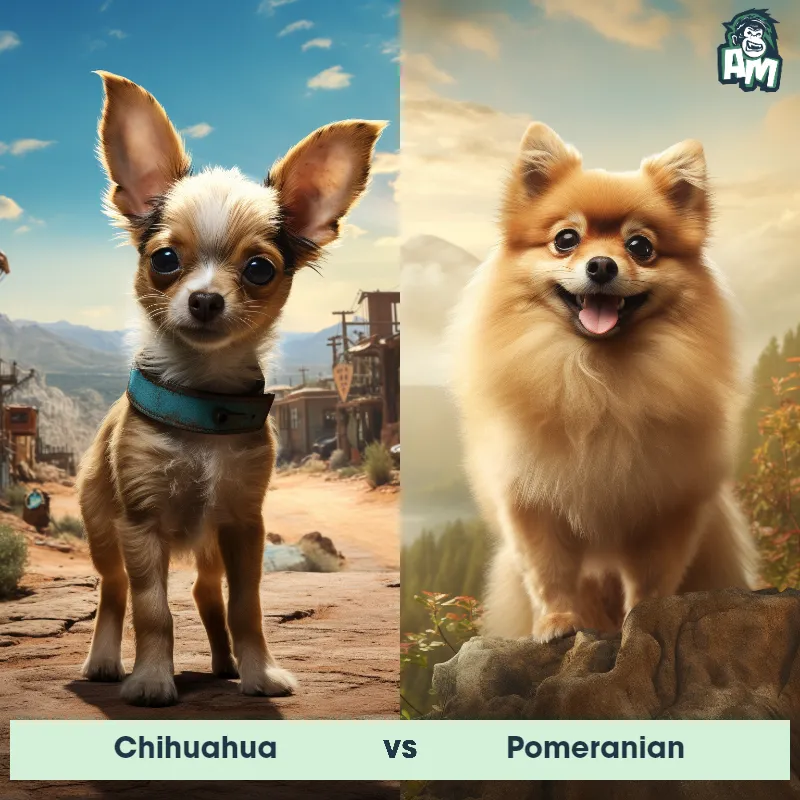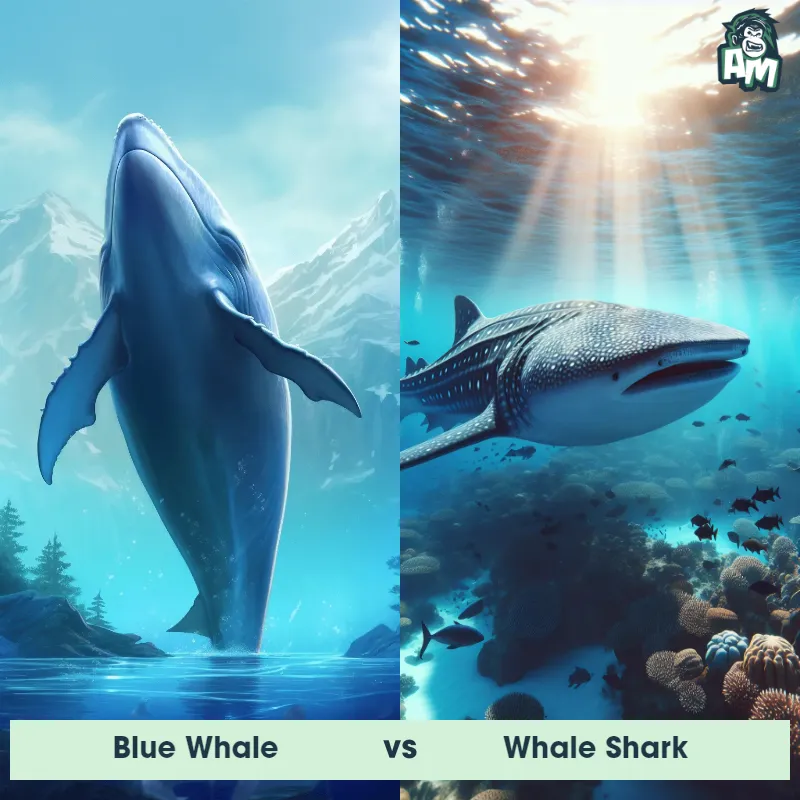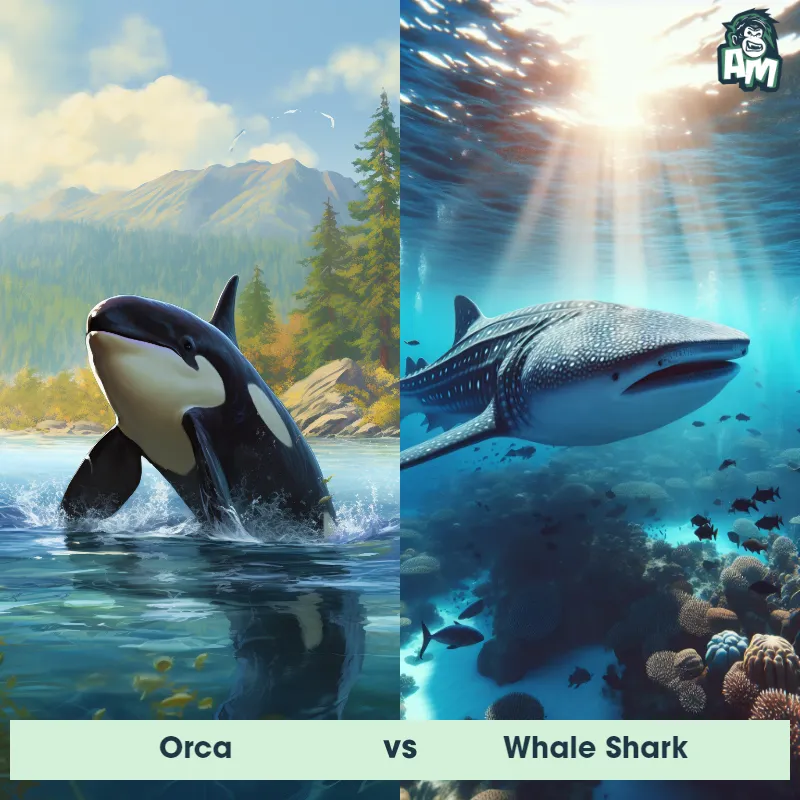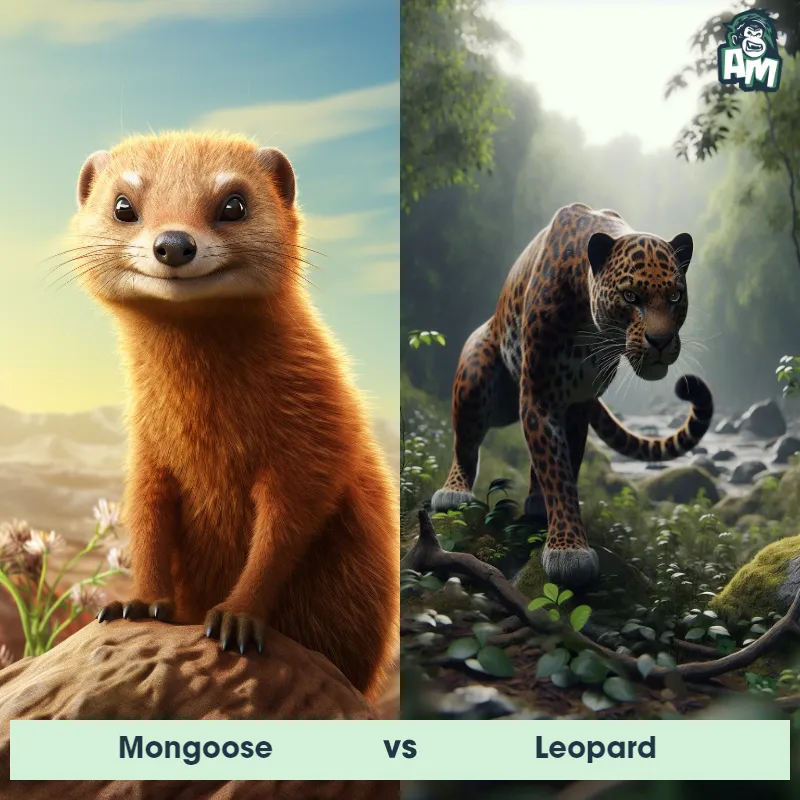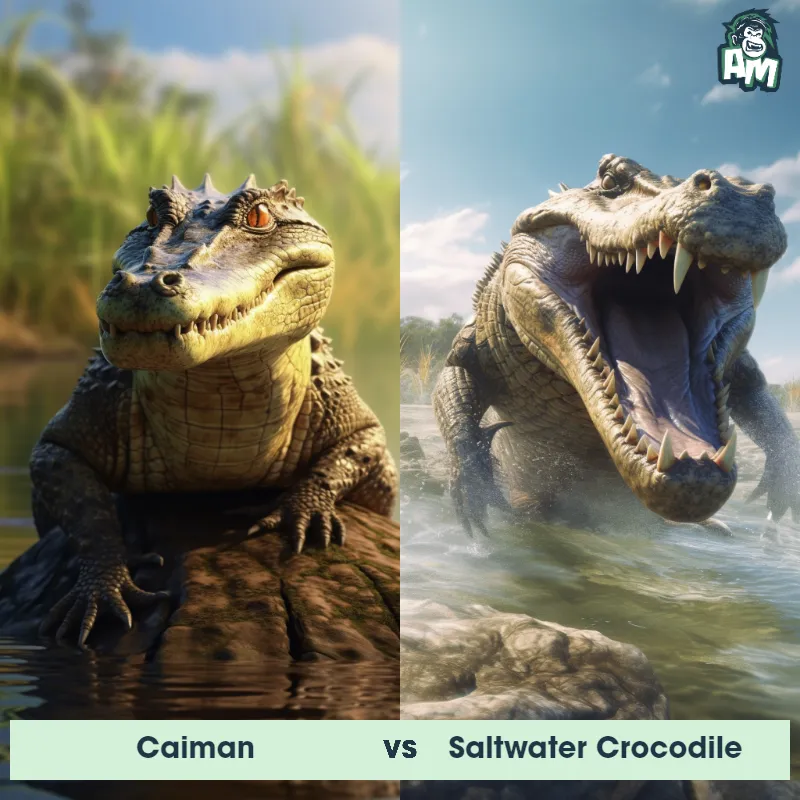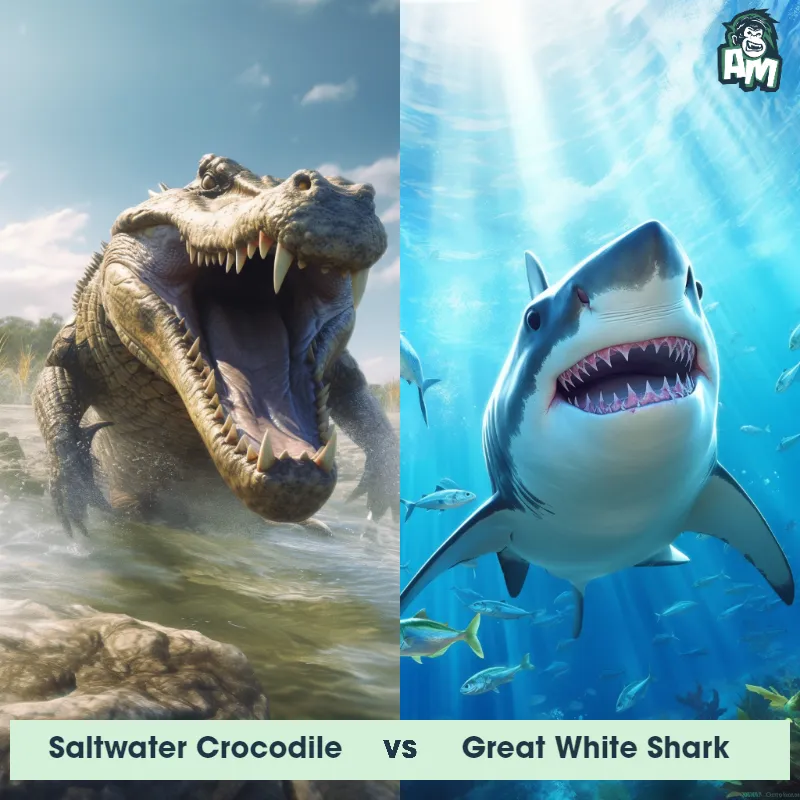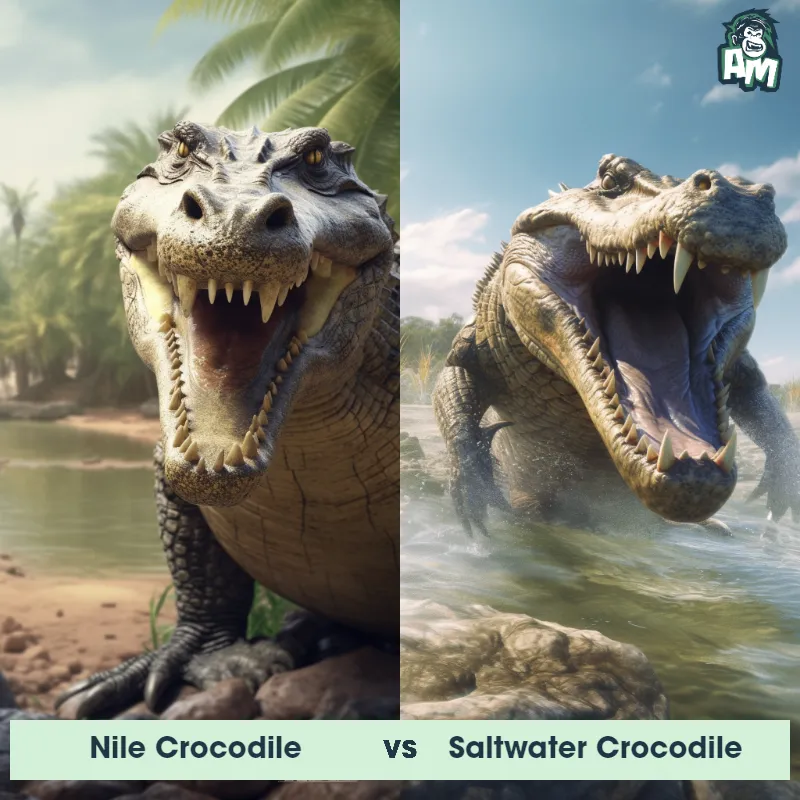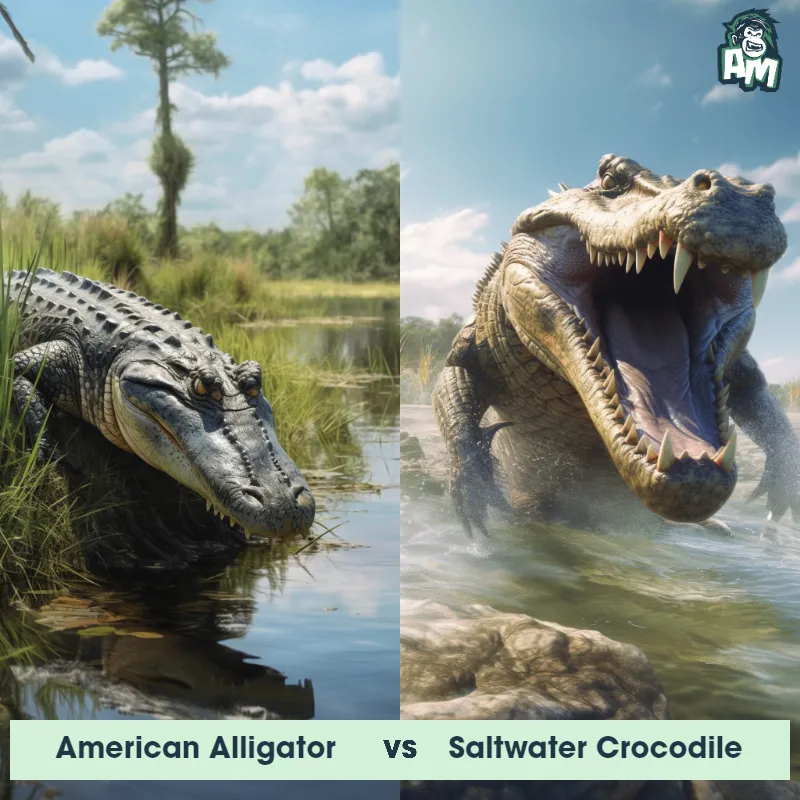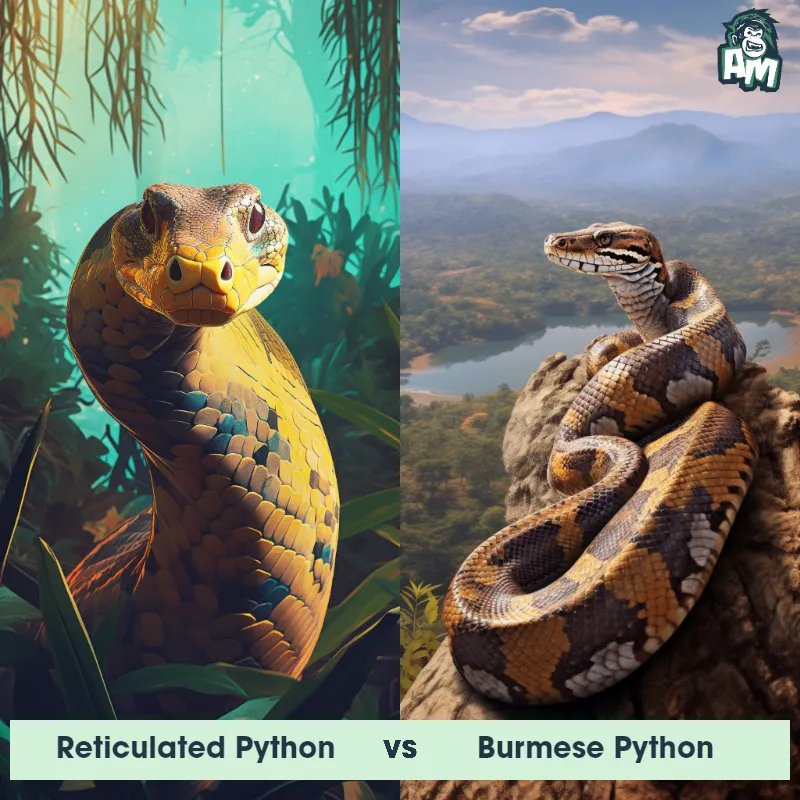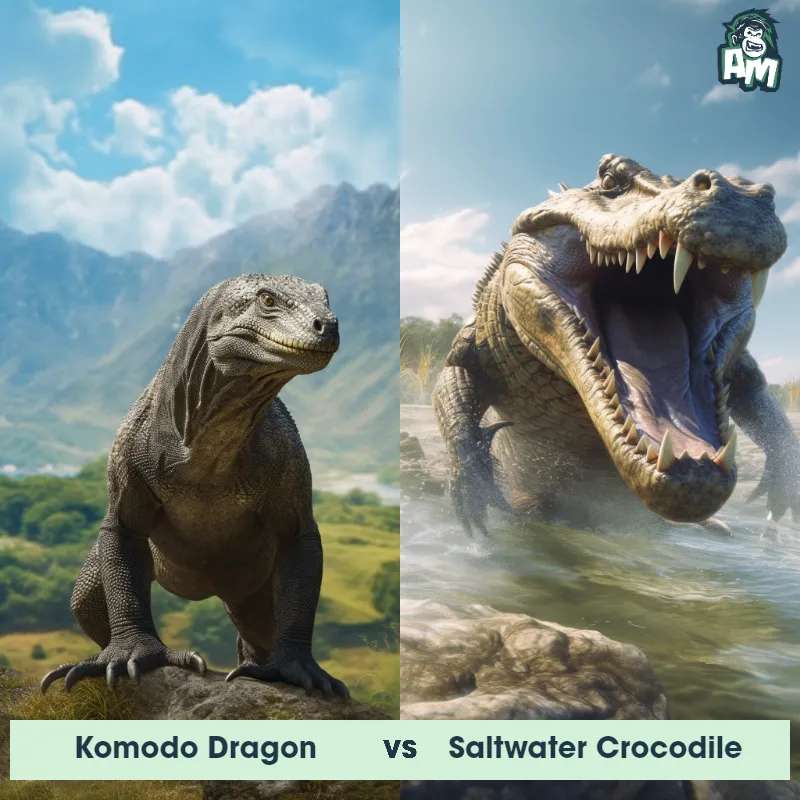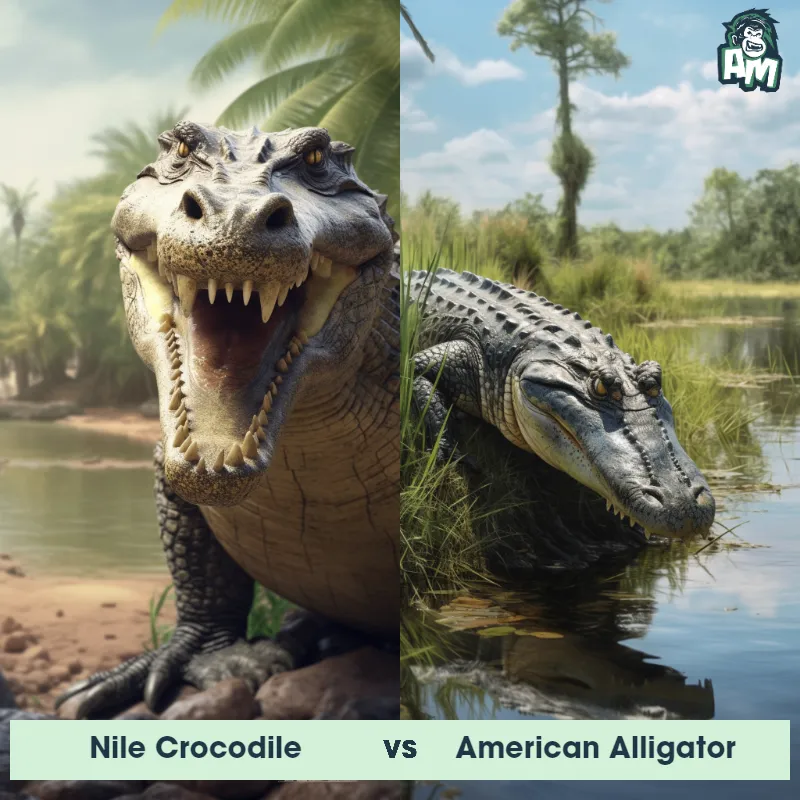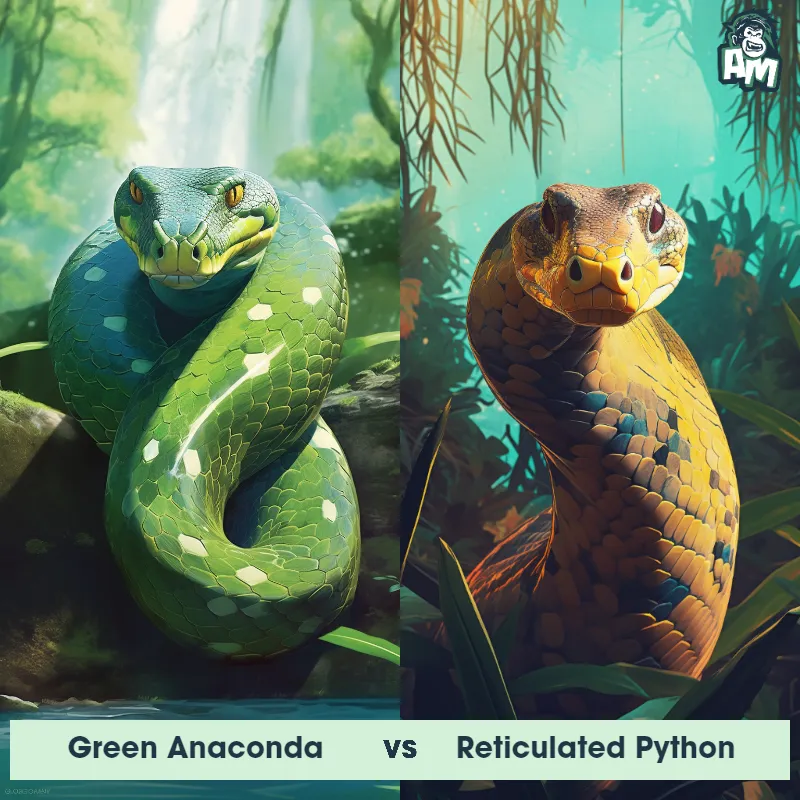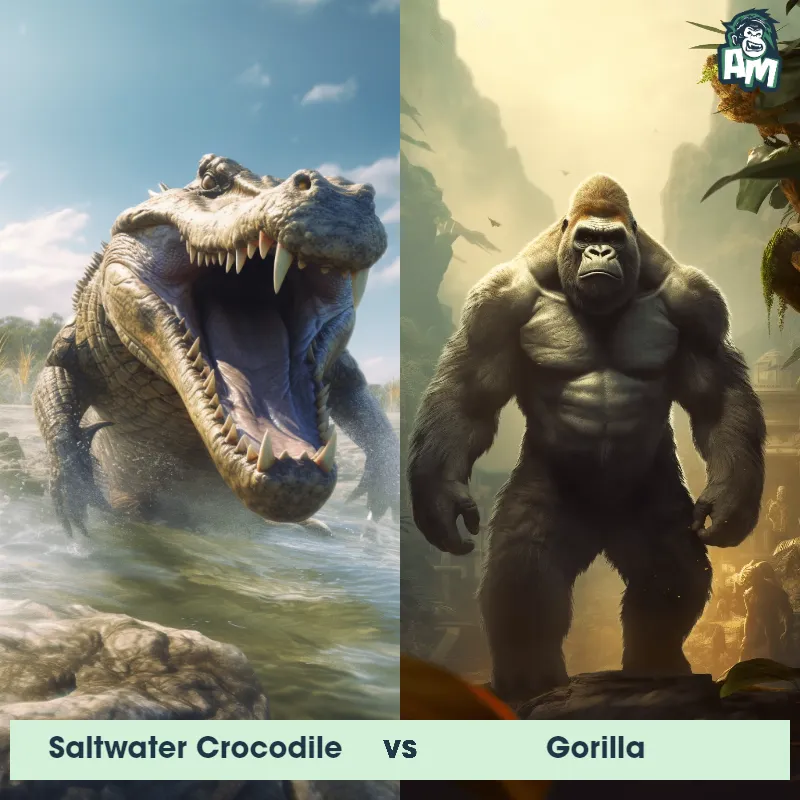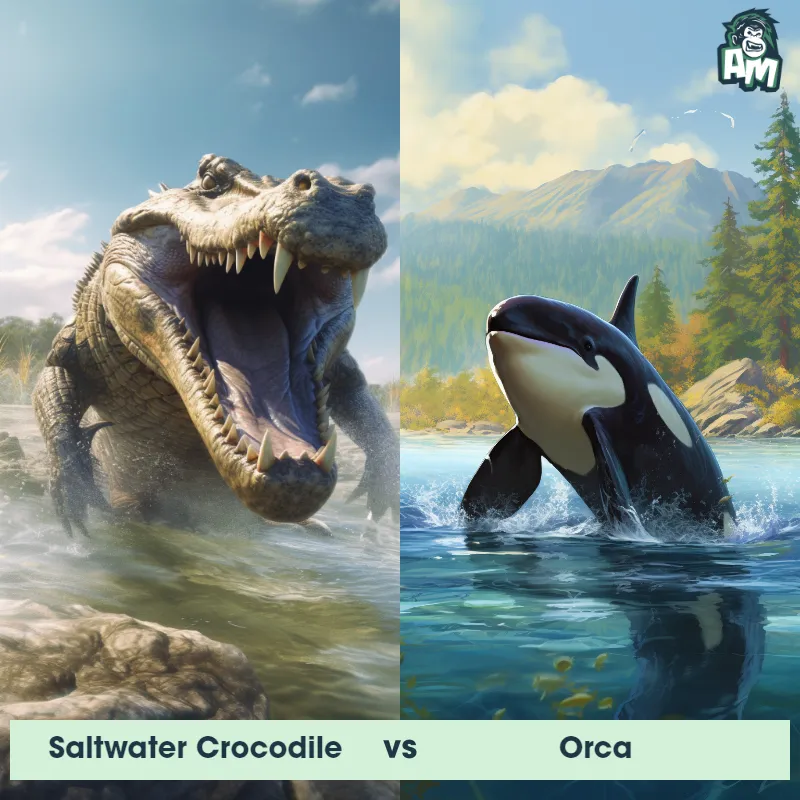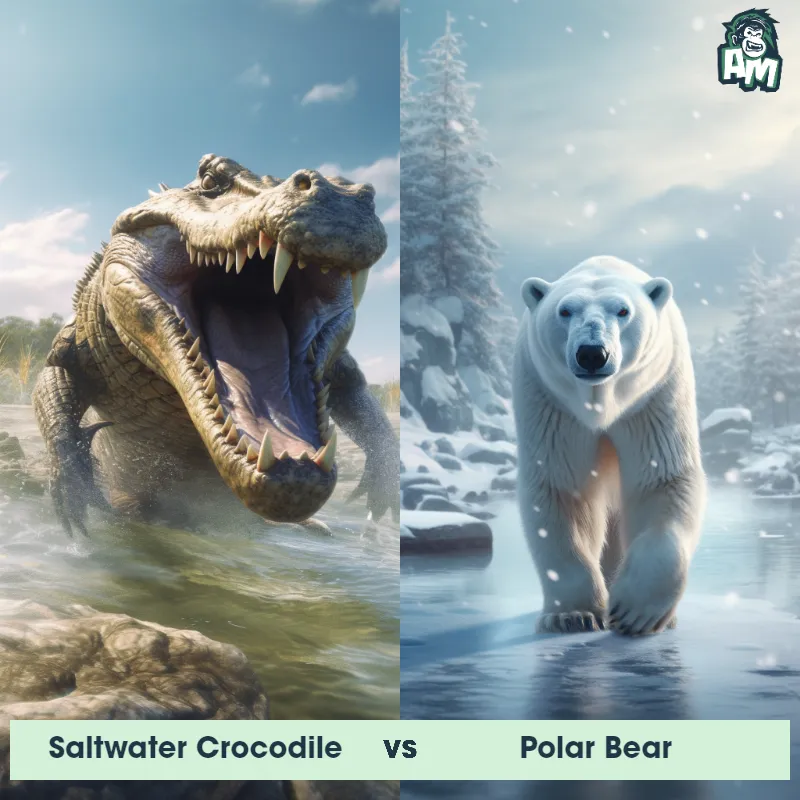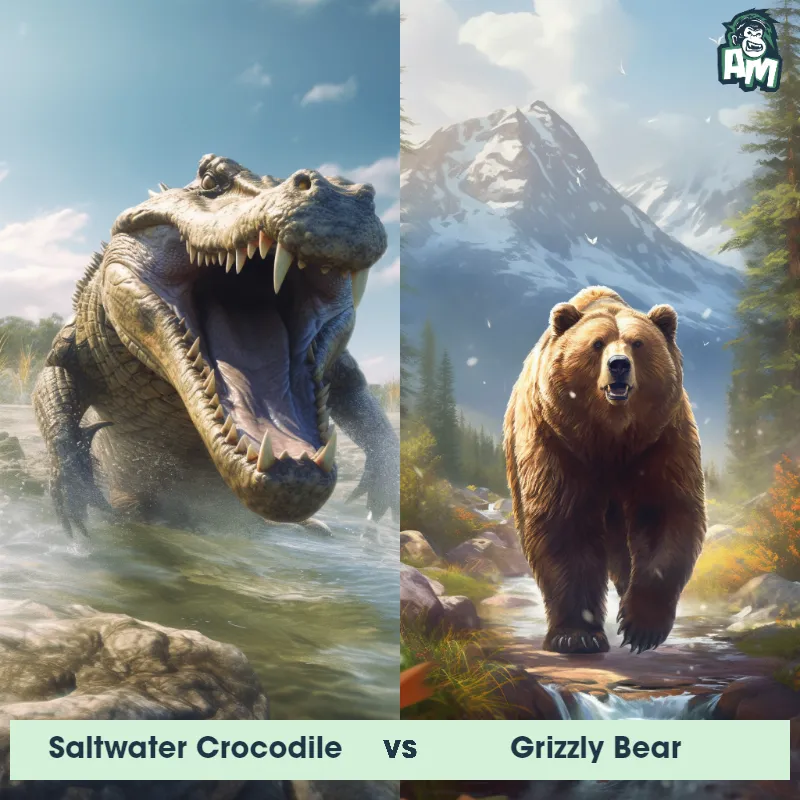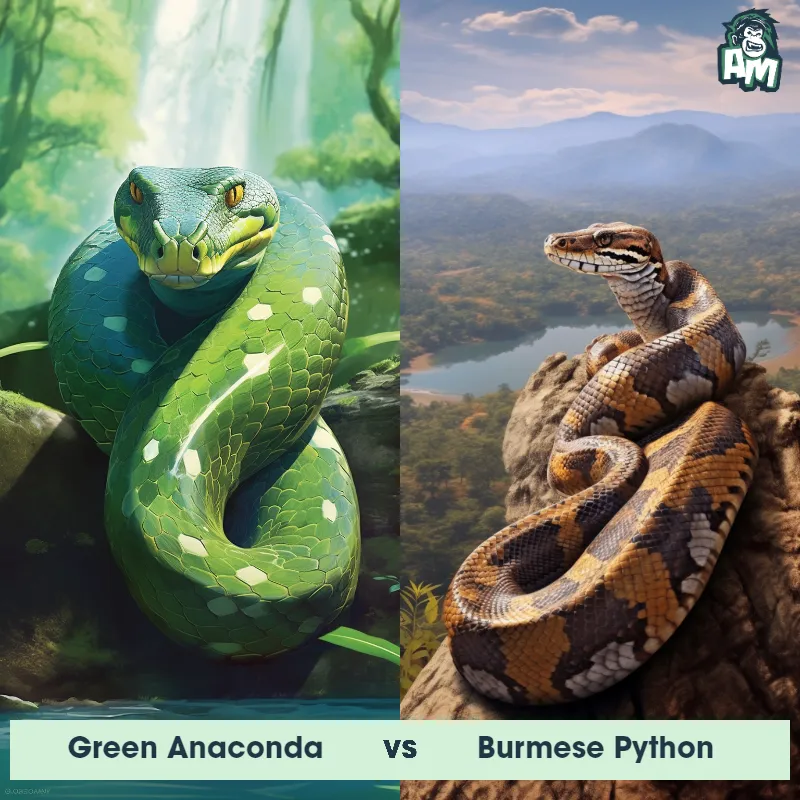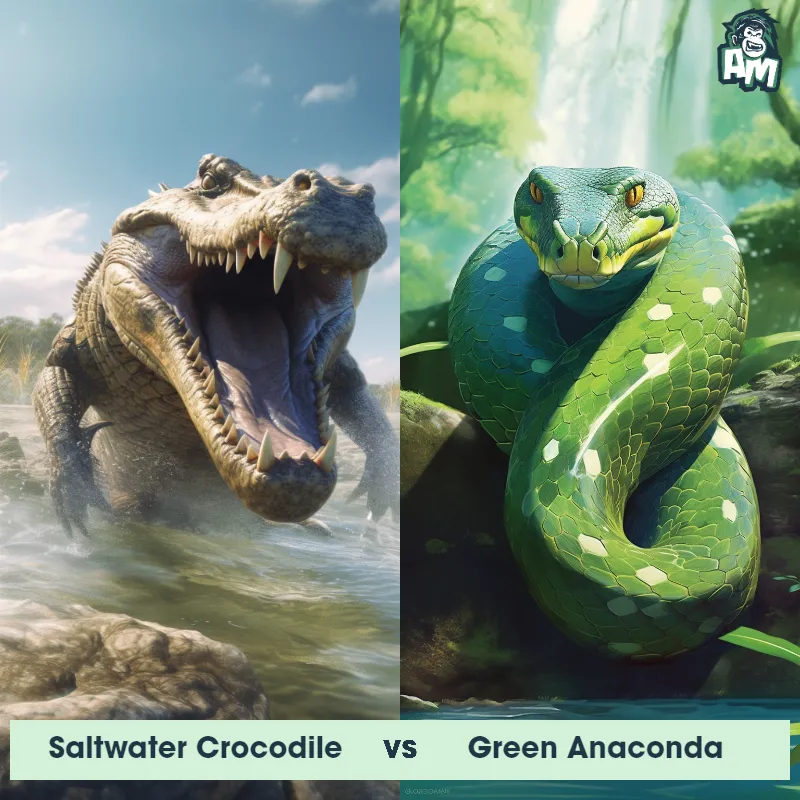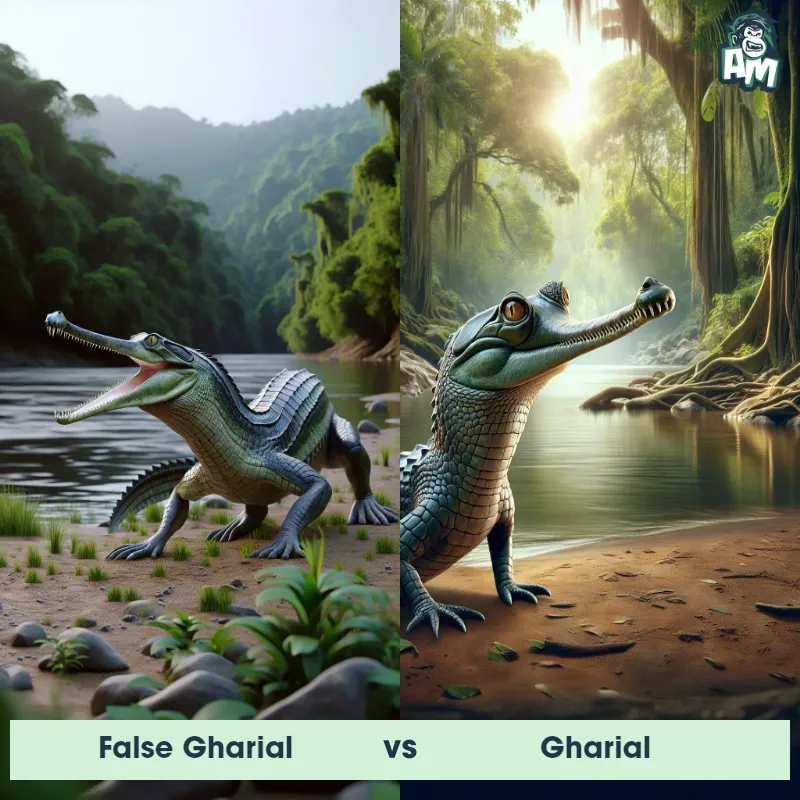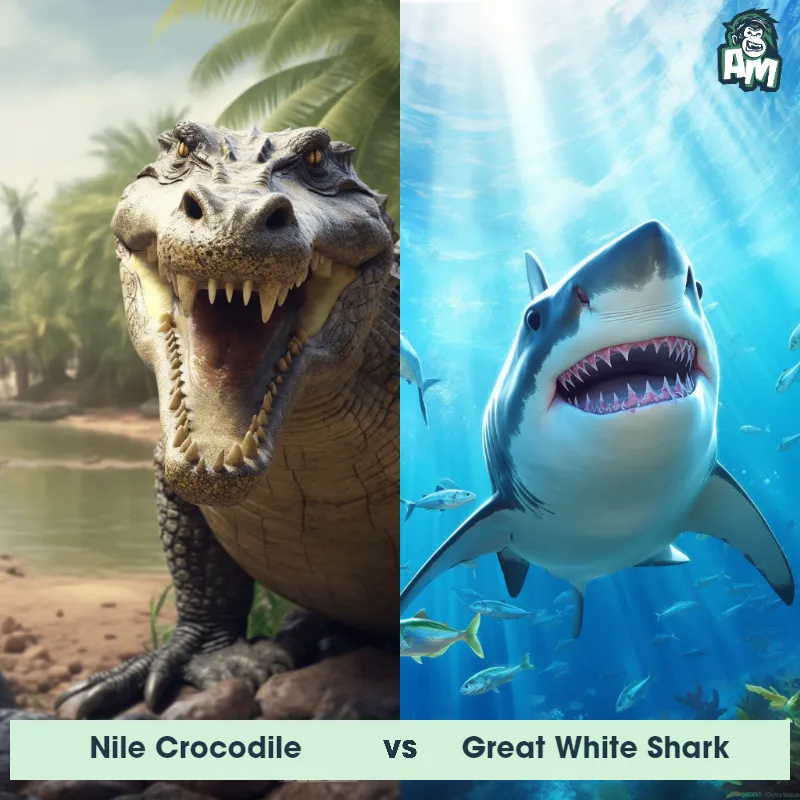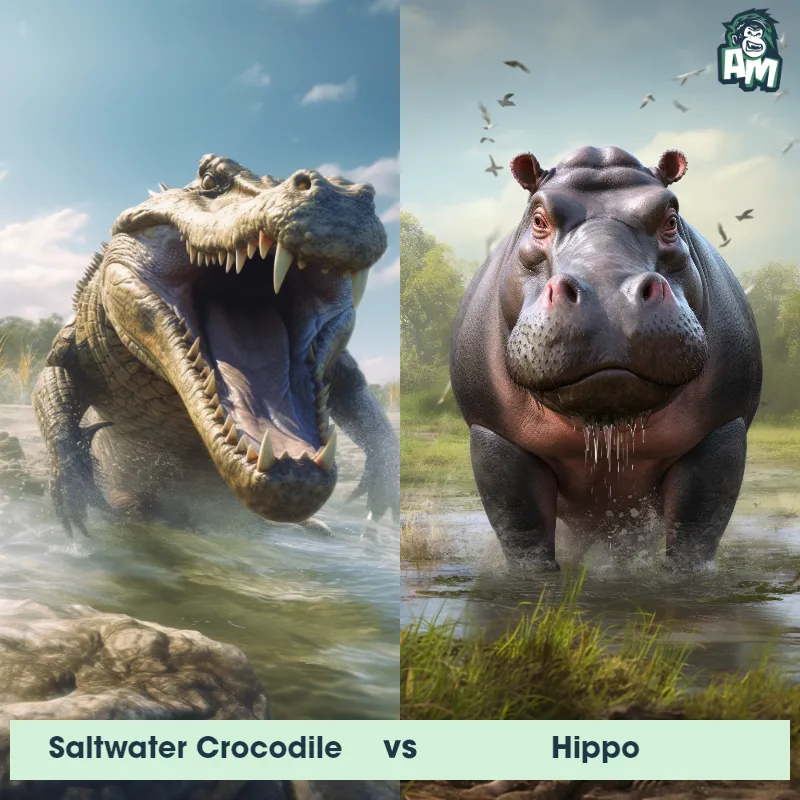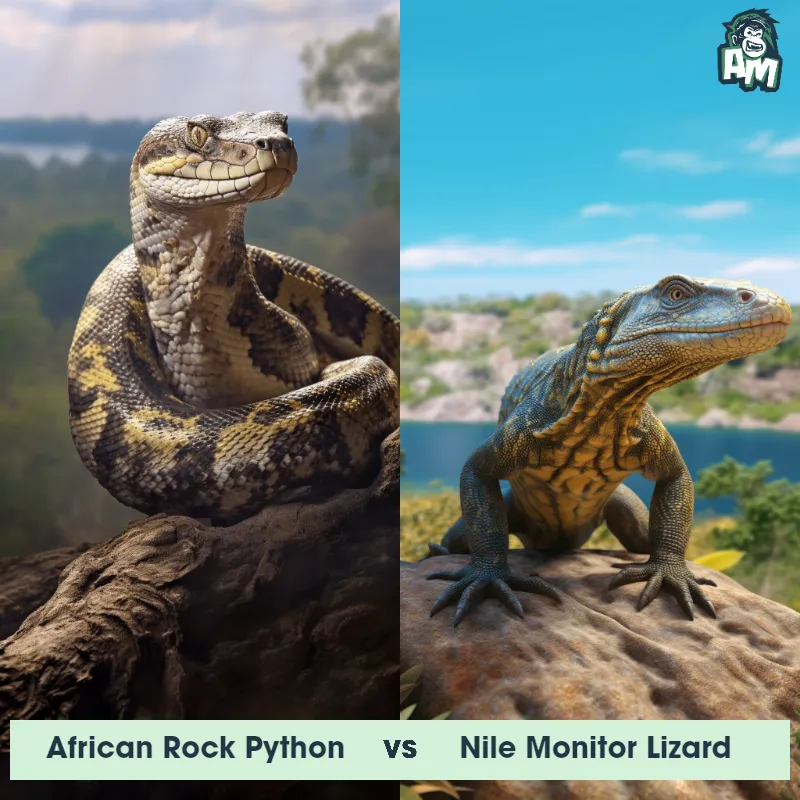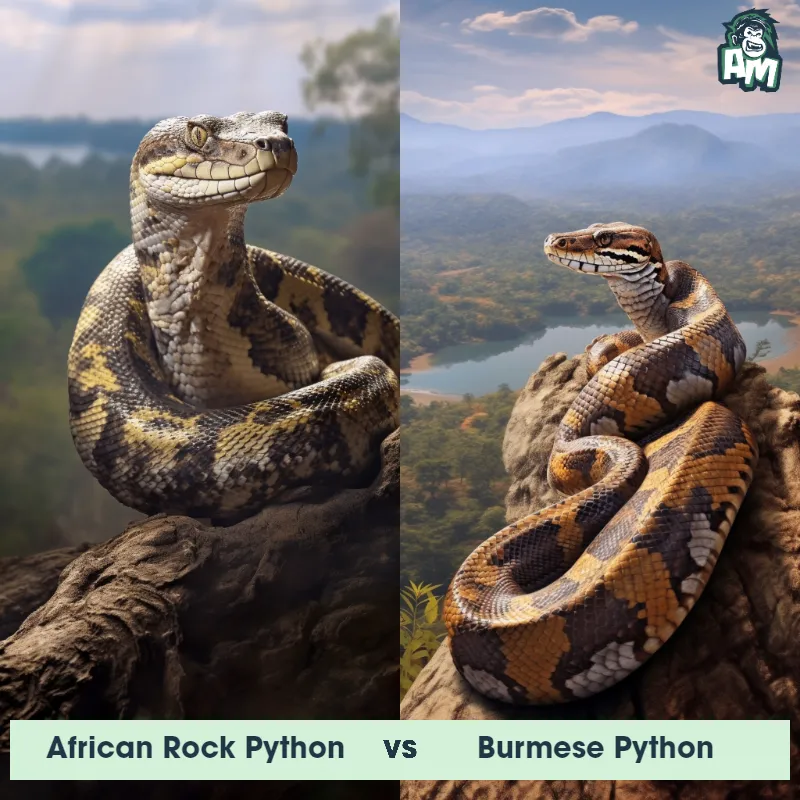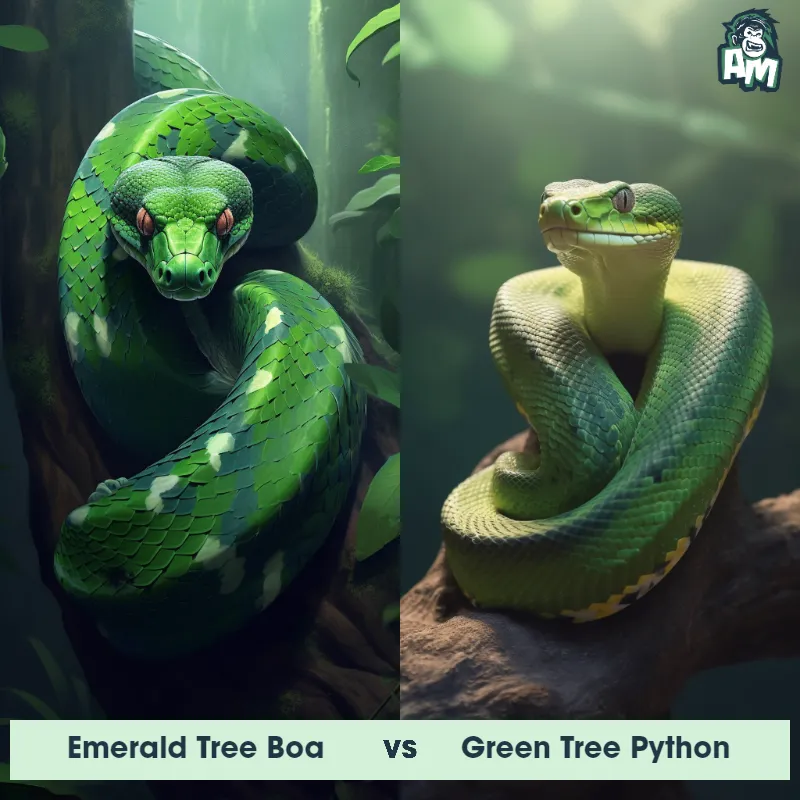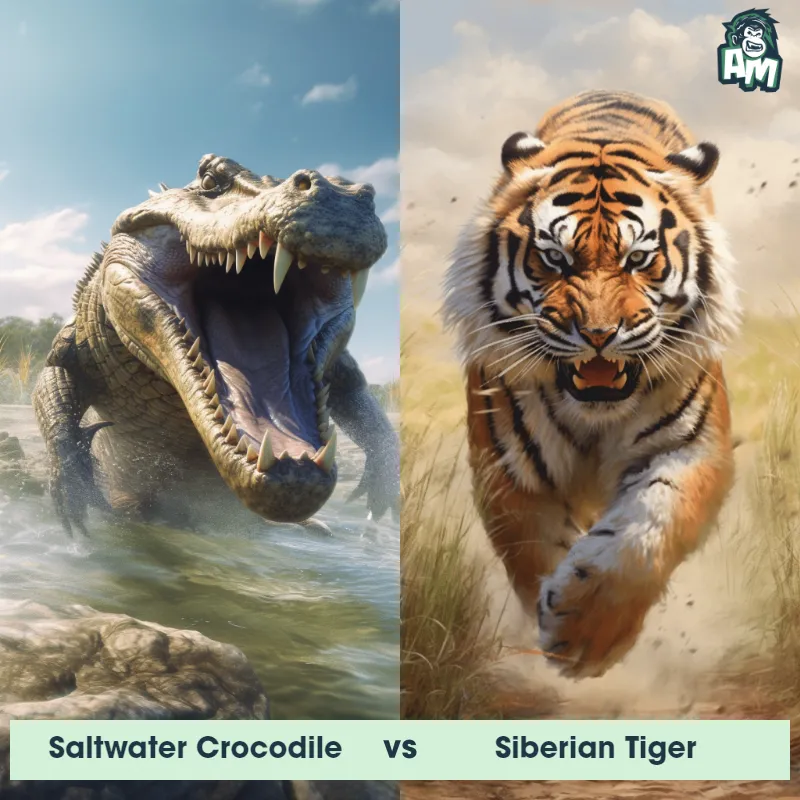Saltwater Crocodile vs Reticulated PythonSee Who Wins

Ladies and gentlemen, welcome to this thrilling matchup between two of nature's most fierce creatures. In this corner, weighing in at an impressive 1,000 pounds, we have the Saltwater Crocodile. And in the opposite corner, measuring an impressive 20 feet long, we have the Reticulated Python. It's time to witness an epic battle for survival!
Contender 1: Saltwater Crocodile
The Saltwater Crocodile, also known as the estuarine crocodile, is the largest living reptile in the world, with males reaching up to 23 feet in length and weighing over a ton. They have a powerful jaw with over 60 teeth and are covered in tough, scaly skin that ranges from grayish-brown to black in color. They are found in the brackish and freshwater habitats of Southeast Asia and Northern Australia and are known for their aggressive behavior towards humans.
Fun Fact: Saltwater Crocodiles have the strongest bite force of any animal in the world, with a bite strength of up to 3,700 pounds per square inch, which is strong enough to crush a car.
Contender 2: Reticulated Python
The Reticulated Python, also known as the Python reticulatus, is a species of snake that is native to Southeast Asia. It is one of the largest snakes in the world, with some individuals reaching lengths of over 30 feet. The snake has a distinctive pattern of diamond-shaped scales that are colored in shades of brown and black. It is a non-venomous constrictor that feeds on a variety of prey, including birds, mammals, and reptiles.
Fun Fact: Reticulated Pythons are excellent swimmers and can stay underwater for up to 30 minutes at a time.
Matchup Stats
| Saltwater Crocodile | Reticulated Python | |
|---|---|---|
| Size | Up to 23 feet (7 meters) | Up to 30 feet (9.1 meters) |
| Weight | Over a ton (1,000 kg) | Up to 350 pounds (159 kilograms) |
| Speed | Land Speed: 11 mph (18 km/hr) | Speed: 5 mph (8 km/hr) |
| Key Strength | Powerful jaw with 64-68 teeth and strongest bite force of any animal in the world | Constriction |
| Biggest Weakness | Slow on land and vulnerable to attacks on the soft underbelly | Vulnerable to attacks from multiple predators |
Current Votes
Saltwater Crocodile vs Reticulated Python
See Who Wins
View More Matches
Looking For More?
Similar Matches
Scientific Stats
| Saltwater Crocodile | Reticulated Python | |
|---|---|---|
| Scientific Name | Crocodylus porosus | Python reticulatus |
| Family | Crocodylidae | Pythonidae |
| Habitat | Brackish and freshwater habitats | Forests, grasslands, and swamps |
| Geography | Southeast Asia and Northern Australia | Southeast Asia |
| Diet | Carnivorous, preys on fish, birds, mammals, and other reptiles | Birds, mammals, and reptiles |
| Lifespan | 70 years - 100 years | 20 years - 30 years |
Key Differences between Saltwater Crocodile and Reticulated Python
- Skin Texture: The Saltwater Crocodile has rough, scaly skin, while the Reticulated Python has smoother, more glossy scales.
- Coloration: The Saltwater Crocodile has a darker overall coloration, ranging from olive green to brown, while the Reticulated Python features a lighter base coloration with distinctive reddish-brown blotches outlined in black along its body.
- Eye Placement: The Saltwater Crocodile has eyes located towards the top of its head, allowing it to partially submerge while keeping its eyes above the water's surface, whereas the Reticulated Python has eyes positioned more towards the sides of its head.
- Body Shape: The Saltwater Crocodile has a robust, barrel-shaped body, with a broad snout and a set of prominent visible teeth when its mouth is closed. In contrast, the Reticulated Python has a long and slender body, with a narrow, elongated head.
- Locomotion: The Saltwater Crocodile moves primarily by swimming, using its powerful tail to propel itself through the water, whereas the Reticulated Python is an excellent climber and frequently moves through trees and branches.
- Size: The Saltwater Crocodile is typically larger than the Reticulated Python, with adults reaching lengths of up to 23 feet, while the python can grow to around 20 feet in length.



